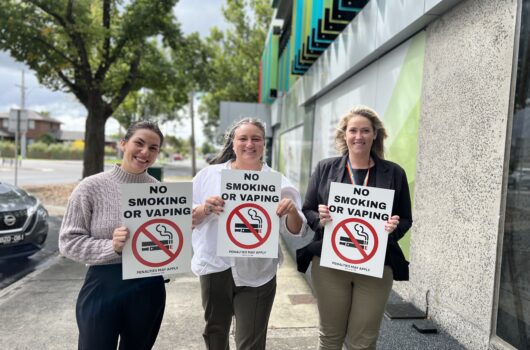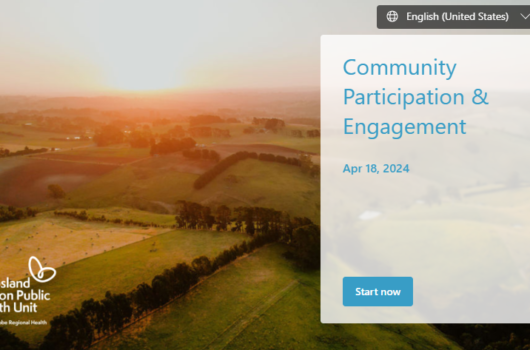Gippsland health workers form vital connections on viral hepatitis

Health workers from across Gippsland came together to discuss one of the most pressing but also most misunderstood health conditions in the community: viral hepatitis.
The Gippsland Regional Viral Hepatitis Forum was hosted by the GRPHU (Gippsland Region Public Health Unit) in partnership with LiverWELL, the peak body for viral hepatitis and liver disease in Australia.
It brought doctors, nurses, community workers, expert speakers and representatives from non-government agencies together for a day in Traralgon to explore the services that currently exist in Gippsland as well as – crucially – where gaps in service exist.
Participants at the Forum were enthusiastic about meeting and collaborating with colleagues from other services and locations, sharing information and knowledge, and building new connections to improve patient health. “This was an opportunity to see what’s happening in this area, acknowledge some of the great work taking place but also plan for the future and build some connections across the region,” Operation Director at the Gippsland Region Public Health Unit (GRPHU), Annelies Titulaer said.
The term hepatitis covers a number of conditions that cause inflammation to the liver. Hepatitis A, caused by eating contaminated food or drinking contaminated water, hepatitis B, caused by contact with blood or bodily fluids from an infected person and hepatitis C, caused by blood-to-blood contact from an infected person.
““It’s essential that health workers are supported in their knowledge of hepatitis. These conditions cause long-term impacts on people’s lives and are largely preventable, through adopting safe practices and also the use of vaccines and treatments,” Ms Titulaer said.
Senior Manager of Health Services at LiverWELL Adrian Hubble, said the Forum provided a valuable platform for workers in the field to hear from other service providers as well as speakers from the Department of Health about policy updates and the goal of eliminating viral hepatitis by 2030.
“We know that a connected workforce is more efficient, more supportive and brings about better outcomes for patients, so these types of events are immensely important for people working in this area.
The goal is to eliminate viral hepatitis in just over six years. For that to happen, we need to educate the community, make sure services are where they are needed and build a skilled workforce in the GP and community sector,” Adrian said.
A key outcome of the Forum is to hold more regular sessions for workers in the field to maintain important connections made at the event.
“The GRPHU is responsible for managing and responding to public health issues in the region, so working to make sure that workers in the viral hepatitis area have support and connection with peers is certainly within our remit,” Operation Director at the Gippsland Region Public Health Unit, Annelies Titulaer said.






